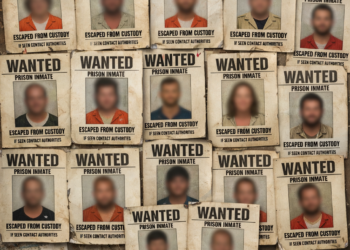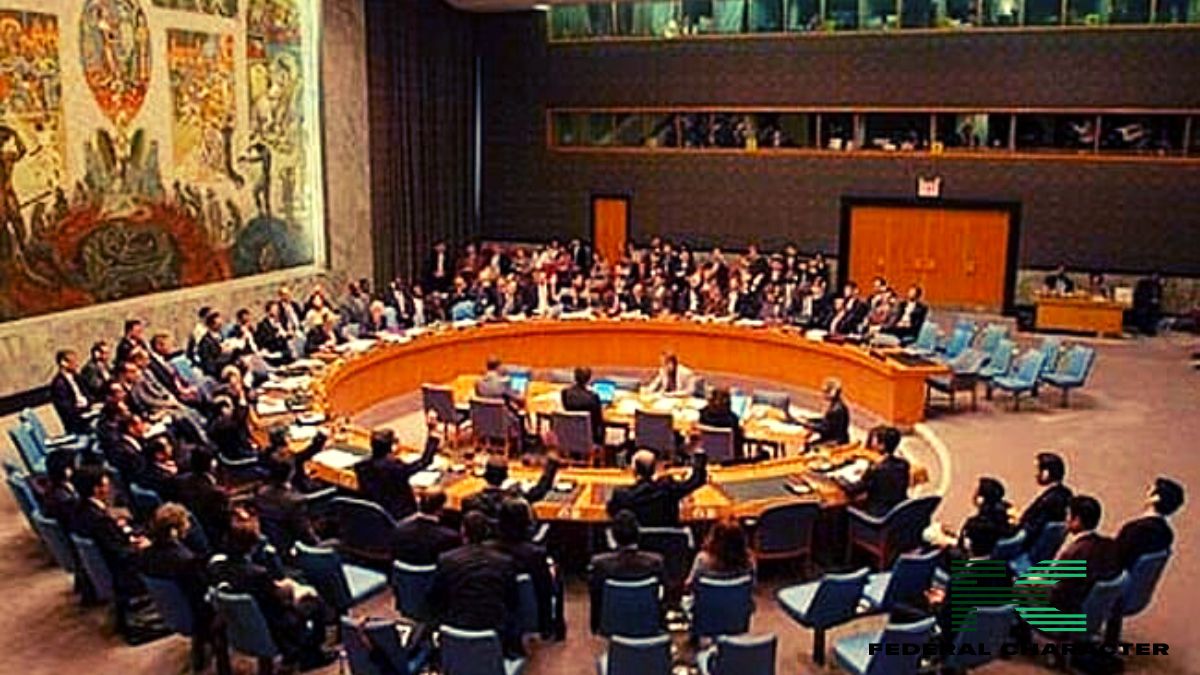The Trump administration has formally requested two Manhattan federal judges to unseal grand jury transcripts from the cases against Jeffrey Epstein and Ghislaine Maxwell, marking a significant escalation in the political battle over the handling of the high-profile sex trafficking investigations. In late-night court filings, Justice Department prosecutors argued that releasing the confidential witness testimony would address the “abundant public interest” in Epstein’s network and scrutiny of law enforcement’s actions.
The move comes weeks after President Trump directed Attorney General Pam Bondi to seek the documents’ release, following DOJ conclusions that Epstein’s 2019 jail death was a suicide and that no “client list” of powerful associates existed. The announcement has fueled conspiracy theories among Trump’s conservative base, who suspect a cover-up of Epstein’s ties to elites.

Despite the administration’s push, legal experts note that grand jury proceedings are typically sealed, with few exceptions allowing disclosure. U.S. District Judges Richard Berman and Paul Engelmayer (who oversaw the Epstein and Maxwell indictments) initially demanded stronger legal justifications from prosecutors. Even if approved, the Manhattan transcripts may reveal little new information, as Maxwell’s 2021 trial already featured public testimony from victims and associates.
The effort faces precedent challenges: On July 23, Florida Judge Robin Rosenberg rejected a similar DOJ request for 2005–2007 Epstein grand jury records, ruling it didn’t meet disclosure exceptions. Epstein’s 2008 plea deal (a widely criticized 13-month sentence for state prostitution charges) remains a focal point for critics alleging systemic leniency.
While Maxwell serves a 20-year sentence in Florida, her legal team is petitioning the U.S. Supreme Court to overturn her sex trafficking conviction. Meanwhile, Deputy U.S. Attorney General Todd Blanche (formerly Trump’s personal lawyer) met Maxwell for two days to probe potential information on other offenders, though neither side has disclosed details.
Why the Transcripts Matter—And What They Might Hide
The requested documents could shed light on witness accounts from Epstein’s inner circle, early investigative gaps in the Southern District of New York’s probe, and whether prosecutors pursued (then abandoned) leads involving powerful figures. Yet the transcripts wouldn’t include all unreleased evidence, such as uncorroborated tips or unused witness interviews.

















